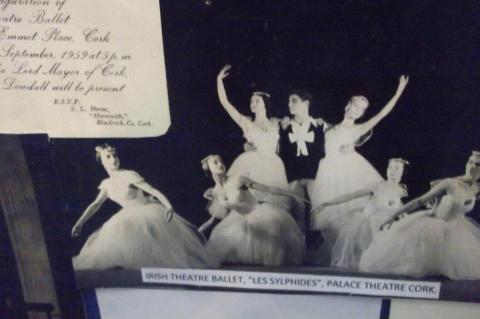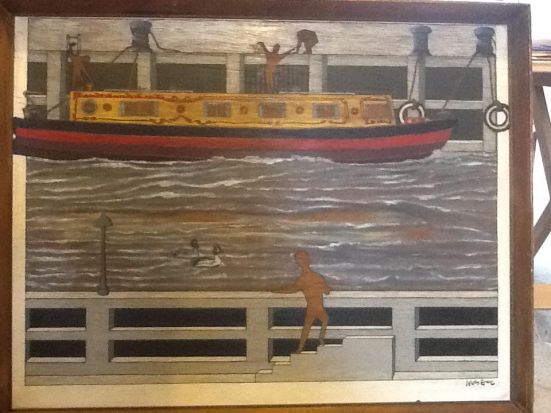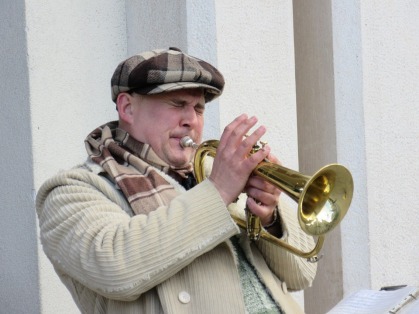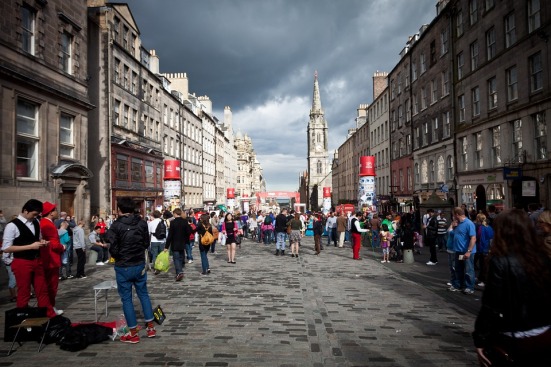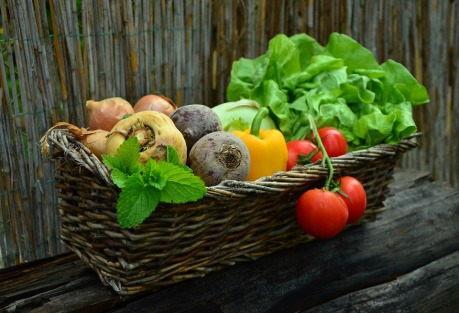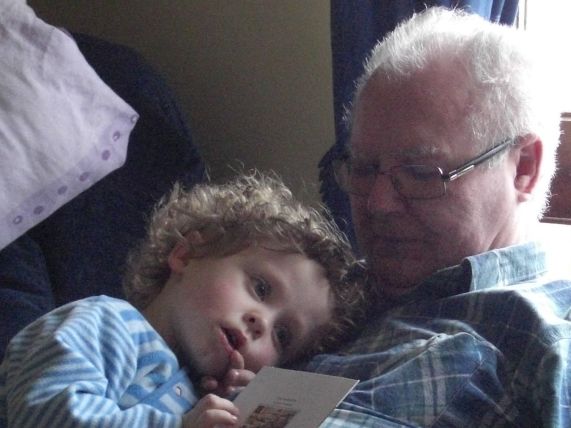It is summertime and poets are out and about. Photo credit to Geraldine Green, Cumbrian poet, who took the banner photograph of poets on an outdoor workshop at Burns Beck Moss earlier this year. I think this is such a lovely image of poets at work I have switched to it this summer even though some of these poems rely on memory as much as observation. Memory is perception too. Different sorts of responses to what can be seen in quiet spaces.
Tony Lewis-Jones brings us a sensitive, contemporary poem comparing a social media relationship to a romantic Oxford love affair in the past. Maureen Weldon looks at a house in evening light and remembers its story. David Callin, who admits to being “fairly deaf,” gives us a witty and sophisticated poem about mishearings –there is a summer outdoors feel to his poem as well as the pleasant touch of French.
I think we need a Spring is Sprung poem too, so I’m beginning with Gerard Manley Hopkins’s Spring. (Sorry to make life a little harder for the other poets.)
Thanks to all the poets.
To take part, send up to three previously published poems, published at least three years ago, to which you hold the copyright, to Sally Evans 35 at gmail dot com. You may also send your own pictures if you wish.
Enjoy your summer!
Spring
Most, O maid’s child, thy choice and worthy the winning.
First published 1918 (long after it was written –he died in 1889.)

Search Parties
I do read your twitter. I know
You read my facebook
Illicitly — our best moments
Were illicit, stolen
From someone else’s time,
Someone else’s bed.
Your spell is on me still
I suppose — your recollected beauty,
The urgency of love
Tortured Oxford relationship —
I think of you when it snows
Because that is how it was —
You made my life and the cityscape
More enchanted, unearthly,
Three times a dream.
First published on Writers Café USA 2013

Maureen Weldon
House of Three Generations
Now bent to the evening sky,
a tree with the moon in its eye.
And I think of the house
of three generations –
where she, beloved matriarch, died.
I asked her, not to come back –
I would be frightened.
So like the lamps lit at sunset
reflecting three times –
through a tunnel of trees:
my mother, my daughter and me.
Then, to our house in the dawn,
sea lions called – barked, the
Alsatian dog next door barked back:
his owner assuring us, “his bark
was worse than his bite.”
In thickening light –
grass turned from grey to green,
while roses glistened dew, to sun-pink.
And from the not so far away – Shropshire
Union Canal. On a narrow boat, a tune
seeps through … a man with a violin.
Now bent to the evening sky,
a tree with the moon in its eye.
First published, Homage To Cheshire, Edited by Terry Fox, Cheshire Poet Laureate
David Callin
Mishearings
A fawn, I thought at first: a sylvan scene,
of course, but Bambi-like, domestic bliss
embodied in those pretty creatures fresh
from drawing boards in heaven, full of grace,
unfallen, although that rutting flute,
sketching the diabolic interval,
seems to allude to something less pristine,
but not this shaggy fellow, sleepy-eyed,
awaking from his dreams of ribaldry
among the shrubbery. His jutting cock
is Adam walking in the garden, naming
the sullen nymphs and, knowing them by name,
sometimes pursuing them into the shade
to frolic for a while, and then subside.
Mallarmé is difficult. The grounds
include his musicalité cryptique,
syntactical inversions and the like,
but in his sonics, so they say, resides
a greater mystery, ses purs ongles
(her pure nails) becoming ces purs sons,
these (or those or his or her) pure sounds,
and in the realm of anecdotal myth
I’ve seen the same, as once in Orléans,
that hotel clerk and Quel est votre non?
Yes, what was my no? Could Sartre say?
And later, when I asked Où est le loo?
Le loup? she gasped, and looked around to find
a chair to stand on or to hit me with.
Mishearing is creative. Ask the deaf.
(You may have to repeat yourself.) They work
with insufficient data, making up
their world as best they can from what they catch –
a state that may be general. Perhaps
the starry welkin rings with angels’ singing
and we live too far down the treble clef.
first published in Message in a Bottle
Mandy Macdonald
Decades
Whose birthday is it this time? It’s
another of those big Os, and in this company
no-one has to lie about which one.
We will gather in the latest Italian
– someone will have read the reviews of it –
talk that London talk
of concerts and exhibitions and the kind of films
you don’t get to see in Aberdeen or even Foligno.
Once upon a time
we all lived together in a big white house
with a cranky boiler and decaying carpets and
only one bathroom for nine people, two of whom,
after a while, became teenagers.
They called us a commune, but it wasn’t that, it was
a soup of affection, ideology, nostalgia even then,
an effect of gravitation.
It ran on argument, music and wine.
There was a cooking rota.
Later on, some of us got proper jobs,
and the wine got classier.
One of us is gone now, three years past,
and we have scattered across London, across the country,
across the world, like thistledown.
The teenagers have children of their own.
The big white house is sold, too,
gone to gentrification and period detail. Meanwhile,
the upward-creeping arithmetic of birthdays
tallies our friendship, keeps it safe.
(first published in Lunar Poetry, 2014





